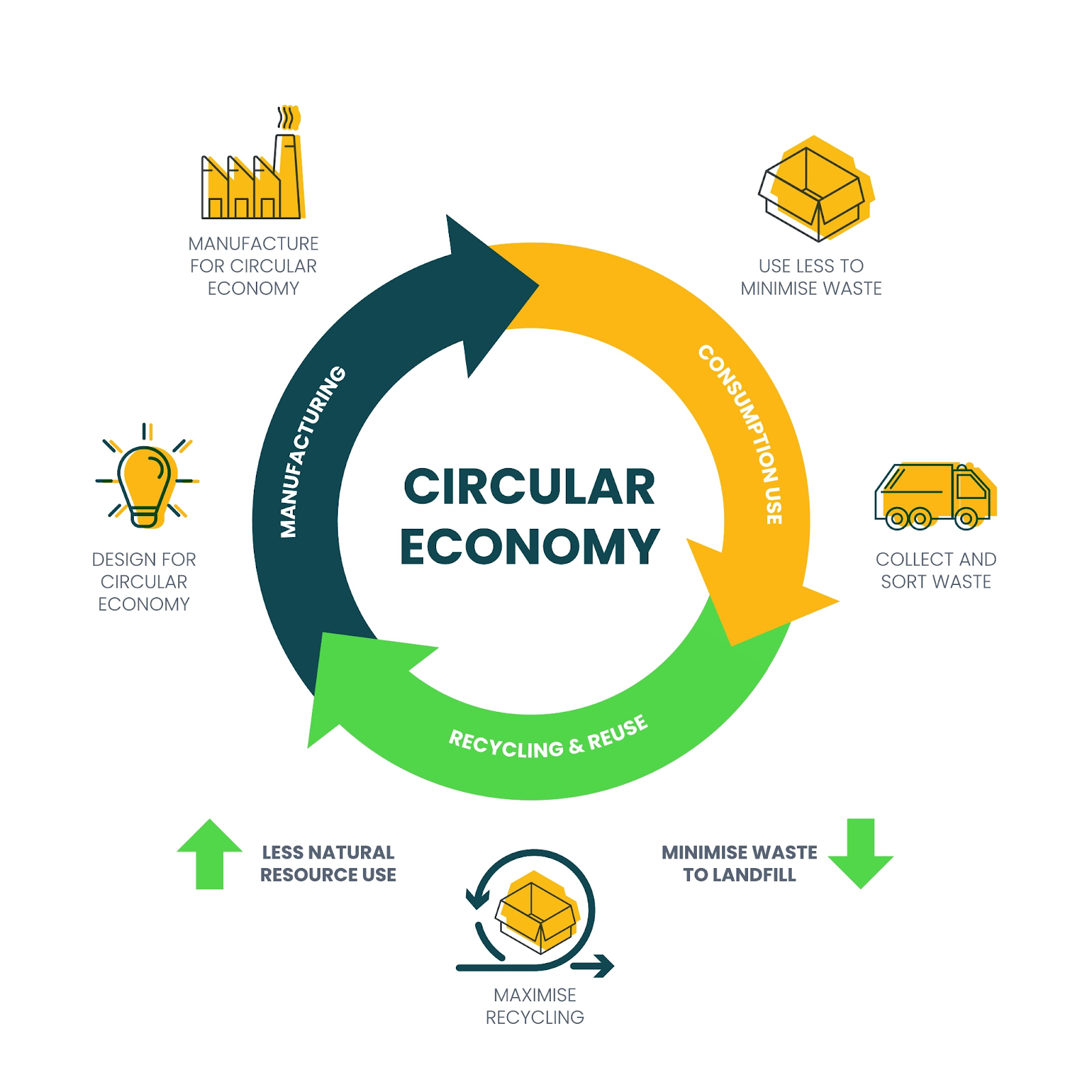Climate Tech: Past, Present, and the Road Through 2025
Climate technology has emerged as one of the most dynamic and mission-critical sectors in the venture capital ecosystem. With global investment in the sector surpassing $70 billion in 2022 and continuing its momentum in 2023, climate tech has cemented its position as a cornerstone for innovation in the face of environmental challenges. However, as we step into 2025, the road ahead is shaped by a combination of historical trends, evolving policies, and investment strategies.
A Look Back: Climate Tech’s Historic Momentum
The past two years have witnessed a surge in climate tech deal flow. According to PwC’s State of Climate Tech Report 2023, venture funding in the space grew at a compound annual growth rate (CAGR) of 52% from 2018 to 2022. Sectors such as renewable energy, carbon capture, and sustainable agriculture attracted the lion’s share of investments.
Key milestones include:
Renewable Energy Innovations: Companies innovating in solar and wind technologies, such as perovskite solar cells, attracted significant capital.
Carbon Capture Solutions: Startups like Climeworks and Carbon Clean raised major rounds, reflecting increased interest in technologies that directly combat emissions.
Electric Mobility: With electric vehicles (EVs) accounting for 10% of global car sales in 2023, investments in battery technologies and EV infrastructure skyrocketed.
However, challenges remain. Despite record funding, only 25% of climate tech startups have achieved profitability, highlighting the sector’s long runway to maturation.

The Policy Push: A Game-Changer for Climate Tech
One of the most significant drivers of climate tech investment is the global policy environment. Key developments over the past two years include:
- The U.S. Inflation Reduction Act (IRA)
Enacted in 2022, the IRA allocated $369 billion for clean energy and climate-related initiatives. Subsidies for renewable energy projects and tax credits for electric vehicles have accelerated innovation and adoption. Startups in energy storage and grid modernization have been direct beneficiaries.
Source: White House Climate Policy Brief, 2023 - European Union’s Green Deal
The EU has doubled down on its climate ambitions, pledging to become climate-neutral by 2050. Programs like Horizon Europe have provided billions in grants for climate innovation. The emphasis on green hydrogen and carbon-neutral industrial processes has opened doors for startups in these niches. - Global Carbon Markets Expansion
Carbon pricing and trading mechanisms have grown globally. Startups that help organizations measure, reduce, and offset emissions are seeing increased funding. According to the World Bank’s Carbon Pricing Dashboard, the number of global carbon markets doubled between 2021 and 2023.
Where the Money Is Going: Trends in Investment
Certain areas within climate tech have consistently attracted investor interest:
Energy Storage: With the shift to renewables, the need for scalable battery solutions has driven funding into startups like Form Energy and Ambri.
Agritech: Precision farming, vertical agriculture, and soil carbon sequestration startups are addressing both food security and climate goals.
Carbon Removal: Companies like Charm Industrial and Heirloom are pioneering new ways to remove CO2 from the atmosphere.
Circular Economy: Recycling technologies and innovations in material reuse have gained traction, with startups such as AMP Robotics leading the charge.

The Outlook for 2025
Looking ahead, climate tech investment is poised for continued growth, but it may be more targeted. As venture markets face macroeconomic headwinds, investors are expected to prioritize startups with clear paths to profitability and scalable solutions.
- Emerging Markets Focus: With developing countries being disproportionately affected by climate change, startups addressing issues like clean water access and off-grid energy are likely to gain traction.
- AI Meets Climate Tech: Artificial intelligence is increasingly being integrated into climate solutions, from optimizing renewable energy grids to predicting weather patterns for agriculture.
Corporate Buy-In: As regulatory pressure mounts, corporations are seeking partnerships with startups to meet their net-zero goals. This trend could accelerate acquisitions and strategic investments in the space.
Challenges and Opportunities
Despite its promise, climate tech faces hurdles. High capital intensity and long development timelines remain barriers to entry. Additionally, policy shifts or economic downturns could slow momentum. However, with public awareness and corporate responsibility at an all-time high, the sector is uniquely positioned to thrive.
The combination of innovative startups, supportive policies, and global urgency makes the road to 2025 an exciting one for climate tech.
—————————————–
If you are a builder, investor or researcher in the space and would like to have a chat – please reach out to me at amit.k@thelotuscapital.com
